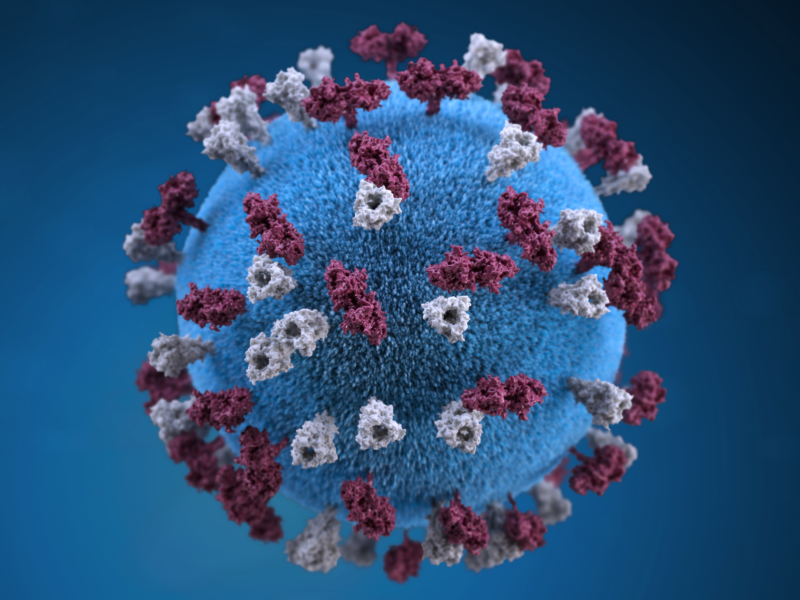Colombia has just been confirmed as the first nation to eliminate the neglected tropical disease onchocerciasis, more commonly known as “river blindness,” according to a July 29 press release from the Pan American Health Organization (PAHO).
Onchocerciasis is an eye and skin disease caused by a parasitic worm, Onchocerca volvulus. The disease is more often called “river blindness” because the parasite can cause visual impairment or permanent blindness. The parasite is transmitted to humans by bites from infected blackflies (Simulium spp.), and these blackflies live and breed near rivers – hence “river blindness.” Other symptoms can include severe itching and skin disfigurement (called “lizard skin” or “leopard skin”), including rashes, lesions, and nodules under the skin.
The disease mostly affects villages in tropical areas with nearby rivers or streams. Approximately 99 percent of those infected live in sub-Saharan Africa. However, onchocerciasis is also found in Yemen and in five Latin American countries: Brazil, Ecuador, Guatemala, Mexico, and Venezuela. Beyond the physical consequences for individuals suffering from onchocerciasis, entire communities can be affected by having to move from fertile to less agriculturally favorable lands in an effort to stop the spread of the disease.
According to the WHO, about 18 million people worldwide are estimated to have onchocerciasis. Of these individuals, 6.5 million suffer from severe itching and 270,000 are blind. Over twice that amount suffer some sort of visual impairment.
While there is no vaccine to prevent infection, onchocerciasis can be treated with ivermectin, an antiparasitic drug, and its spread can be limited by reducing the prevalence of blackflies (a process known as vector control). The Onchocerciasis Control Programme (OCP) succeeded in controlling river blindness in West Africa by large-scale insecticide spraying, and the African Programme for Onchocerciasis Control (APOC) currently relies on community-directed ivermectin treatment and, in some areas, environmentally safe vector control to fight the disease.
The Onchocerciasis Elimination Program of the Americas (OEPA) began giving biannual, large-scale ivermectin treatment in 1992 with the goal of eliminating river blindness in the Americas by 2012. The last location in Colombia in which the disease was actively circulating was Naicioná, a small community in the Department of Cauca, where transmission of the parasite was interrupted in 2007 and eliminated in 2012. A team of international experts confirmed the elimination of onchocerciasis in Colombia in 2012 and the WHO verified elimination in July 2013.
Now that Colombia is free of onchocerciasis, the director of PAHO, Dr. Carissa F. Etienne, urges for “redoubling efforts to eliminate the disease” in the remaining Latin American nations.
Sources
Colombia is first country in the world to eliminate river blindness. http://www.paho.org/hq/index.php?option=com_content&view=article&id=8912&Itemid=1926
Onchocerciasis. http://www.who.int/mediacentre/factsheets/fs374/en/index.html
Water-related Diseases. http://www.who.int/water_sanitation_health/diseases/oncho/en/
Onchocerciasis, CDC. http://www.cdc.gov/parasites/onchocerciasis/epi.html

